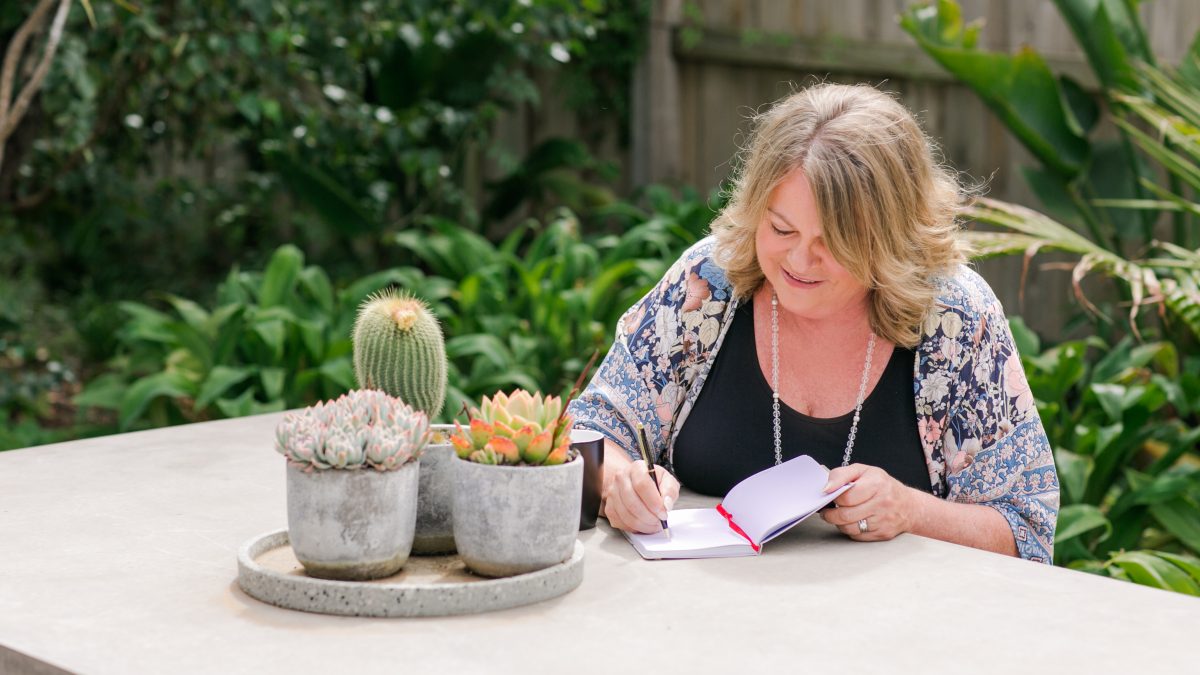
The art of retreat planning: How to create a life-changing experience
3 April 2025
Overcoming imposter syndrome as a retreat facilitator
6 May 2025Building confidence as a retreat facilitator is key to creating a powerful and transformative experience for yourself and your participants. When you feel steady in your role, you create a space of trust and openness. This helps your guests engage fully in the retreat experience.
If you lead your first group or refine your approach, these strategies will help you build confidence, stay grounded, and lead with clarity.
1. Know your material and goals
Preparation is one of the most helpful tools you have as a retreat facilitator. First, know the content you are presenting. Then, understand the retreat’s goals, session flow, and key outcomes. As a result, you’ll stay focused on your theme and message. Keep your teaching simple, direct, and on topic.
Also, avoid drifting into unrelated details or lengthy conversations. Offer printed notes to support your guests’ learning. These can help them reflect after the retreat. If one participant needs extra support, let them know you’ll check in privately. This helps protect the group dynamic and keeps things on track.
2. Embrace your unique style
Every retreat facilitator brings energy and approach. For example, your story, values, and teaching style shape your leadership. So, reflect on what makes your work feel personal and real.
When you lead from a place of authenticity, it helps you stay present. As a result, you’ll feel more at ease and connected with your group. Your guests don’t need you to be perfect. They need you to be clear, confident, and grounded.
3. Practice grounding techniques
Before your retreat begins, take a few moments to settle your energy. Use simple practices like breathwork or movement. These help you shift away from nerves and bring calm to your body. When you are grounded, you can tune into your group. You focus less on self-doubt and more on connection.
4. Set realistic expectations
Trying to lead ideally adds pressure that is hard to manage. Instead, focus on leading with clarity and calm. Accept that retreats often flow in unexpected ways.
Create space for questions and interaction. You will not always have every answer. That is part of genuine dialogue and growth. What matters most is how you respond and support your group.
5. Gain confidence through practice
Every retreat you lead helps you grow. To begin with, start small and host informal gatherings to gain experience. Then, try new formats and test your timing. In the meantime, keep the pressure low and stay curious.
Afterwards, ask for feedback and reflect after each session. These small steps help you build confidence and find your rhythm as a facilitator.
6. Invest in development
Support your growth as a retreat facilitator with ongoing learning. For example, attend trainings and workshops. Find mentors who understand your vision and can offer advice. Learning new tools and techniques helps you stay inspired. It also reminds you that confidence often grows alongside skill.
7. Celebrate progress and reflection
After each retreat, take time to pause and reflect. Then, gather feedback and notice what worked well. Most importantly, give yourself credit for each step forward. Additionally, keep a journal of wins and lessons. It becomes a reminder of how far you’ve come. Even small changes matter. Ultimately, they are part of how you continue to build confidence.
Support for a Summer House Retreat facilitator
You do not need to be perfect to lead powerfully. Growth takes time, and support helps make the journey easier. Summer House Retreat provides more than a venue. It offers tools, guidance, and a calming space to help you thrive.
As a retreat facilitator, you will face new challenges and develop your voice over time. With the right mindset and environment, you will continue to lead with purpose and care. If you are interested in building confidence as a retreat facilitator, we can help. Contact Summer House Retreat today or book a call to find out how we can support you on your journey.



